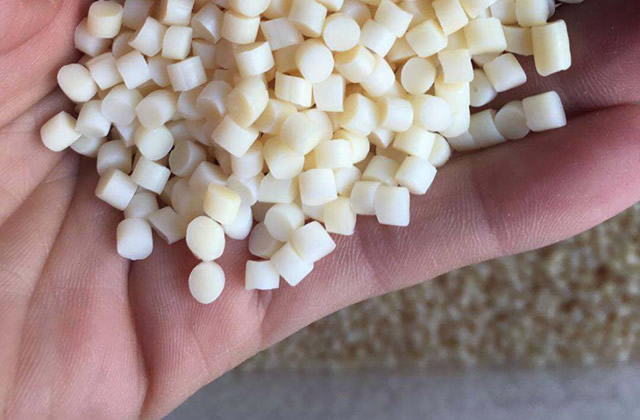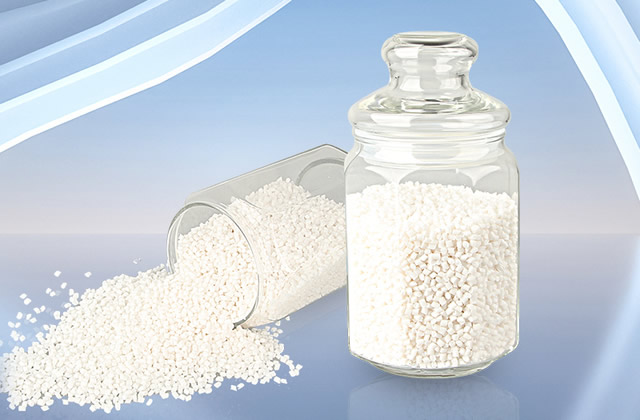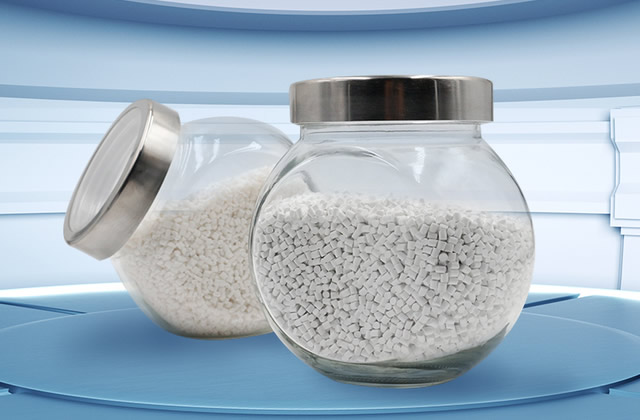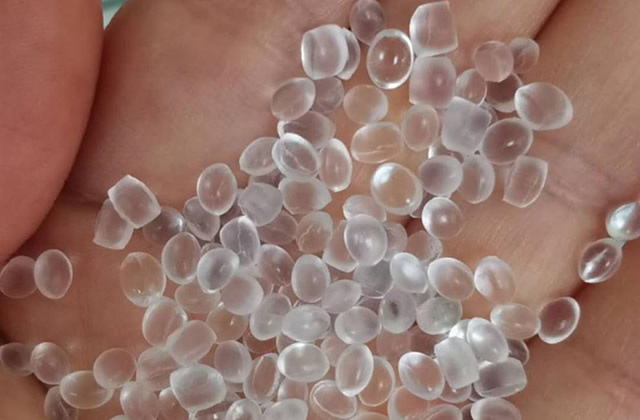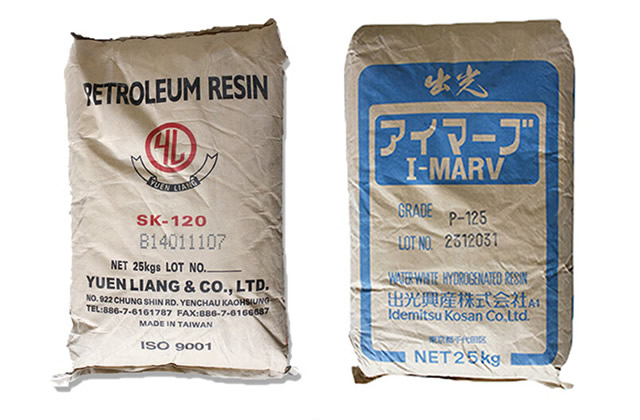1. What is the difference between water-based release agents and oil-based release agents?
According to the different properties of the ingredients, release agents can be divided into water-based release agents and oil-based release agents. There are two types of mold release agents. They are both mold release agents, but they are different in many aspects. The main differences between water-based mold release agents and oil-based mold release agents are:
1. Different ingredients
Water-based release agents are composed of at least three components, base material, emulsifier and water.
Oil-based release agents are based on organic solvents.
2. Different requirements for molds
Water-based release agents have higher requirements on the temperature of the mold and need to allow the moisture inside to evaporate quickly.
Oil-based release agents evaporate quickly and do not need to increase the temperature of the mold to evaporate. However, there are many residues and are relatively difficult to clean.
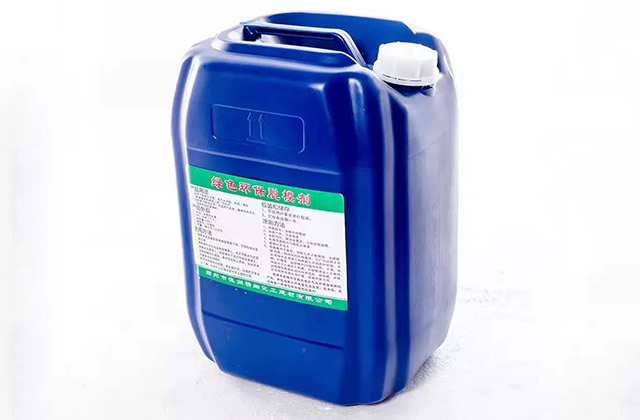
3. Different properties
Water-based release agents have acid resistance, alkali resistance, hard water resistance, strong water solubility and good stability. No stratification, no demulsification, no agglomeration, long shelf life, high solid content and good dispersion when diluted with water at any proportion.
The oil-based release agent does not contain CFA, is environmentally friendly and non-toxic, does not corrode the product and mold, does not affect the secondary processing of the product, and the surface is not greasy; it is especially suitable for the molding of large plastic shell products.
4. Different uses
When using water-based release agents, mix them with water in a certain proportion. The most common ones are 30 times, 50 times, and 80 times. times and spray again.
Oil-based release agents generally cannot be diluted with water. Oil-based release agents need to be mixed with dichloromethane, petroleum ether, gasoline and other solvents before use. Oil-based release agents are often divided into oily, neutral and dry according to the proportion of oil content. The main components are silicone oil and some specific solvents.
5. Different applications
The water-based release agent is between the molded product and the mold. The release agent is applied on the surface to form a thin layer. The film mainly prevents the product from adhering to the mold. During the demoulding process, the molded product can obtain a higher appearance and surface appearance, good heat resistance, and is easy to clean. There is no need for fire protection or anti-corrosion requirements. Therefore, , water-based release agents are widely used in industries such as cultured stone, concrete, gypsum wire, epoxy resin, and unsaturated resins.
Oil-based release agents have fast demoulding effects and multiple demoulding times. They can improve product quality, increase product gloss and increase production efficiency. They are widely used in plastics, rubberAuxiliary demoulding production for industries such as glue, metal, glass, PU polyurethane, and printing.
2. Is water-based or oil-based release agent better?
Comparing water-based release agents and oil-based release agents, each has its own advantages, as follows Let’s compare and analyze for everyone:
1. Advantages of water-based release agents
(1) Green and environmentally friendly: compared with traditional solvent-based release agents. Than, water-based release agent is non-toxic and harmless, and will not cause secondary pollution to the environment.
(2) Good demoulding effect: The water-based release agent can quickly penetrate into the mold surface and form a protective film, thereby reducing the friction on the mold and greatly improving the demoulding effect.
(3) Easy to clean: The water-based release agent is very convenient to clean. It only needs to be rinsed with water and will not cause pollution or waste.
2. Advantages of oil-based release agents
(1) Strong stability: The ingredients of oil-based release agents are stable and will not change even if stored for a long time. Delamination will occur.
(2) Strong anti-corrosion: Due to the presence of lubricating oil, oil-based release agents have good anti-corrosion properties and can protect the mold to a certain extent.
(3) Long service life: Because of the advantages of stability and anti-corrosion, the service life of oil-based release agents is usually longer than that of water-based release agents.
Generally speaking, water-based release agents are better than oil-based release agents in terms of environmental protection, while oil-based release agents have advantages in stability and anti-corrosion. The choice should be based on production needs. Appropriate type of release agent; in addition, in addition to water-based and oil-based, factors such as release effect, service life, cost, etc. also need to be considered during specific use.
If the website content violates your rights, please contact us to delete it。




